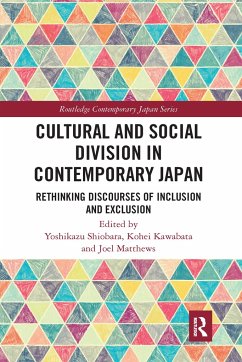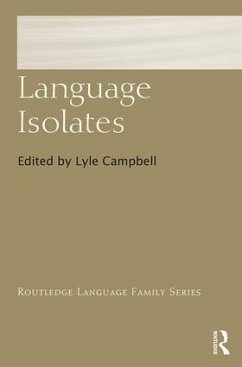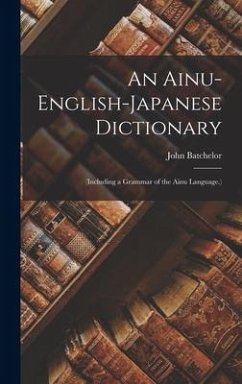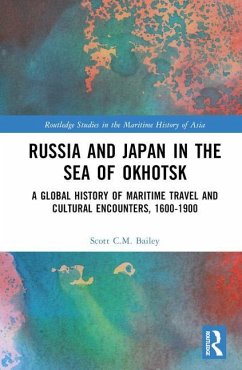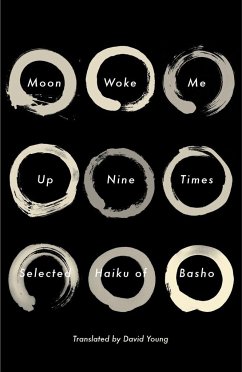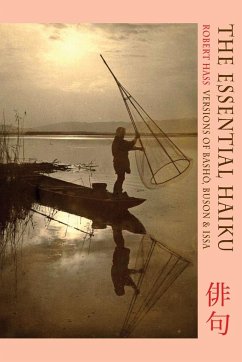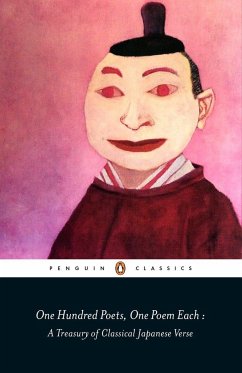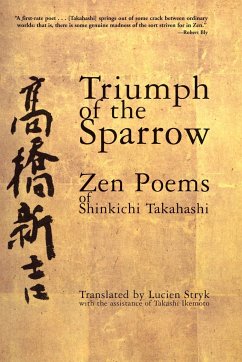
Kotan Chronicles
Selected Poems 1928-1943
Versandkostenfrei!
Versandfertig in 1-2 Wochen
15,99 €
inkl. MwSt.

PAYBACK Punkte
8 °P sammeln!
In Kotan Chronicles, Japanese author and activist Genz¿ Sarashina shares his experience as a second-generation settler in Hokkaido during the 1920s and 1930s. Many of his poems document his encounters with the Ainu, the indigenous people of the island, in an era where the traditional world of the kotan, or Ainu village, was slowly disappearing. Sarashina’s distinctive voice probes the ambiguities of the interaction between the Ainu and the Japanese, while depicting both the beauty of Hokkaido’s landscape and the back-breaking work required of settlers and Ainu alike to survive there in an...
In Kotan Chronicles, Japanese author and activist Genz¿ Sarashina shares his experience as a second-generation settler in Hokkaido during the 1920s and 1930s. Many of his poems document his encounters with the Ainu, the indigenous people of the island, in an era where the traditional world of the kotan, or Ainu village, was slowly disappearing. Sarashina’s distinctive voice probes the ambiguities of the interaction between the Ainu and the Japanese, while depicting both the beauty of Hokkaido’s landscape and the back-breaking work required of settlers and Ainu alike to survive there in an era of economic hardship. Kotan Chronicles constitutes an exceptional witness of its times.



